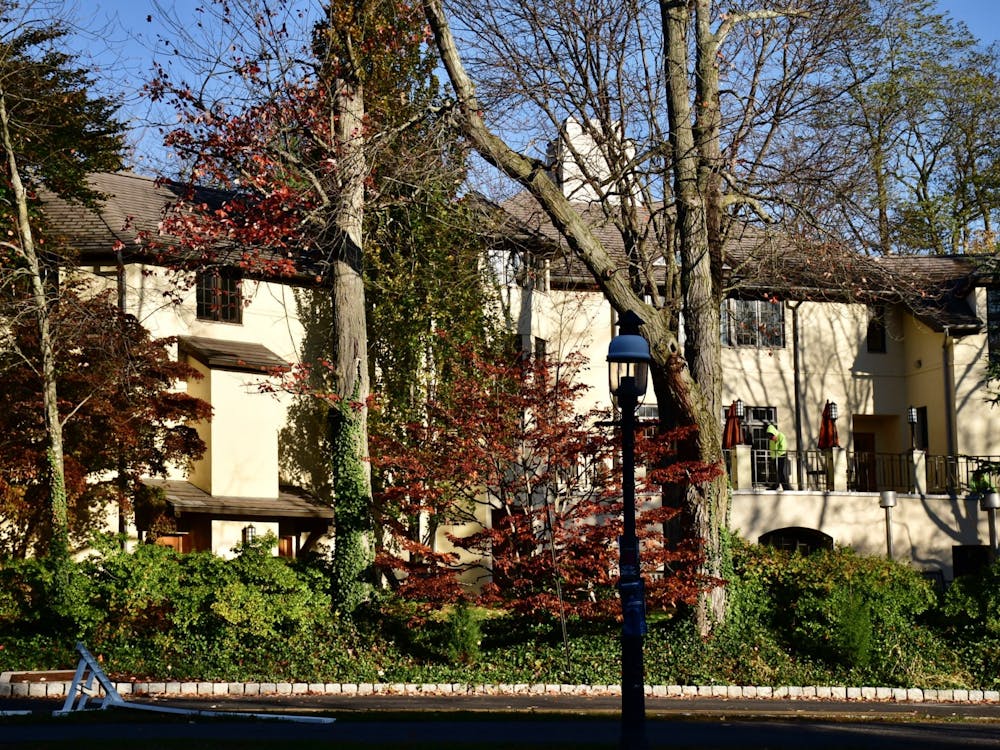By Michael Kochis
As chair of the Student Health Advisory Board, and more importantly, one who truly cares about the well-being of everyone on campus, I think it’s crucially important that we don’t just move on from the meningitis outbreak and forget about what occurred these past few months.
What happened? Since last spring, eight students contracted a rare form of bacterial meningitis. The University initially encouraged us to maintain proper hygiene and not share cups, but the disease continued to spread. National media picked up on these events and drew considerable attention to our school. In an unprecedented manner, a controversial vaccine was specially brought to the University and administered to the student body.
Currently 97 percent of undergrads (5,035) have received a first dose of the vaccine, and 4,384 (84 percent of all undergrads; 87 percent of those who received the first dose) have received both the first and second dose. The same University Health Services staff members who provided me those statistics expect that the second number will rise on March 26 and 27, when people who got their first shot in February will be eligible for their second dose, and in-season athletes who wanted to wait to receive the second dose will be ready to complete the full cycle.
So what? Personally, I am immensely proud of those numbers, and professionals around the country have been amazed by the success in making this intervention work. On behalf of SHAB, I want to thank the professionals from Environmental Health and Safety, UHS, the NJ Department of Health and the Centers for Disease Control and Prevention who worked to make the vaccination possible and the entire student body for their cooperation throughout the process. I want to commend students’ resilience in bearing the pain of the first shot and then the commitment and courage to go through it again.
Now what can we gain from this? Sure, we have cool buttons, a couple plastic cups sitting on our shelves and the phrase “meng arm” as part of our collective vocabulary. But above all, there are lessons that can we take forward.
First, unexpected things happen. We do not know whether the reported cases were related to one common source, and it’s unlikely that we’ll ever determine exactly how the disease came to campus in the first place. It is easy to feel as if we can’t be affected because there are only a few cases of illness out of thousands of students, but for rare diseases or even accidents, we must remember that anyone is at risk.
Second is the necessity to actively maintain our health. Granted, some people could not get the vaccine for medical reasons. But for those who elected not to participate for whatever reason, perhaps this could be an opportunity to learn about the principle behind and benefits to vaccination. I have heard many rumors and misconceptions over the past months. I certainly recognize that accurate information is necessary in order to trust something, so I would be happy to help anyone who wants to discuss the issues surrounding vaccination. On the other hand, just because most of us have been vaccinated does not mean that we should all neglect to wash our hands and share drinks with reckless abandon. Good hygiene prevents illness even in non-meningitis-outbreaks too. We are currently in flu season, and UHS has reported an increase in flu cases and 65 students with gastroenteritis last month alone.
One troubling thing about the past months was some students’ inability or hesitancy to follow the outbreak and realize its significance before the national media began putting microphones in our faces and before we got calls from home frantically asking whether we were safe. Though it’s unlikely that another situation will be as serious and newsworthy as this one, it’s even less likely that we can count on external sources to shake us into action again.
We are truly fortunate that none of the Princeton students who contracted the disease suffered serious consequences like amputations, let alone death. Let’s remember that many circumstances are out of our control, so it’s all the more important that we are taking care of the health factors that we can influence. There won’t always be a vaccine to bail us out. Thank you again to everyone who got both doses, and may you all remain committed to staying healthy.
Michael Kochis is the chair of the Student Health Advisory Board. He is a molecular biology major from Coraopolis, Pa. He can be reached at mkochis@princeton.edu.








